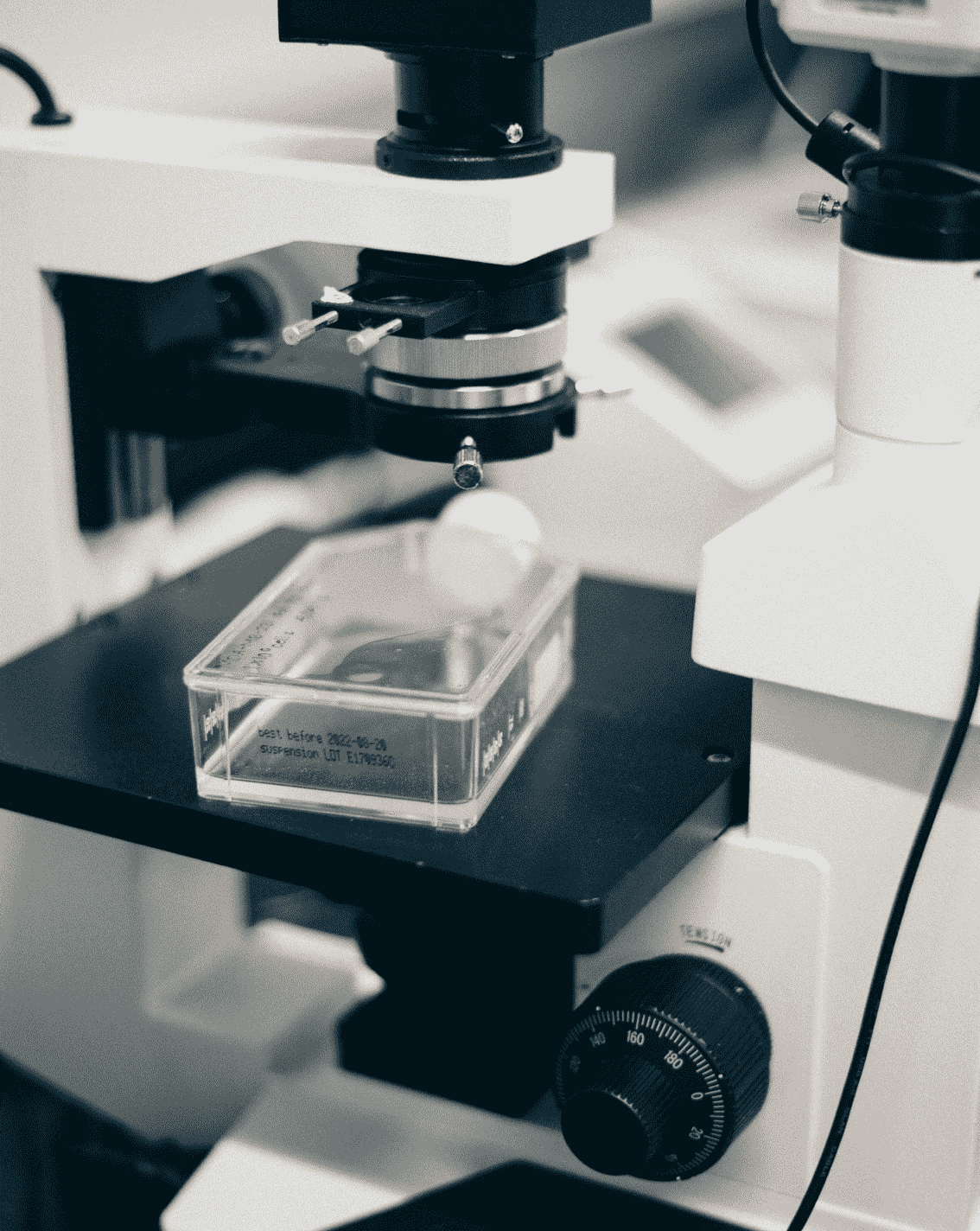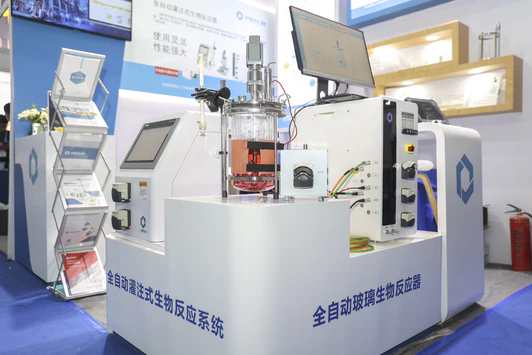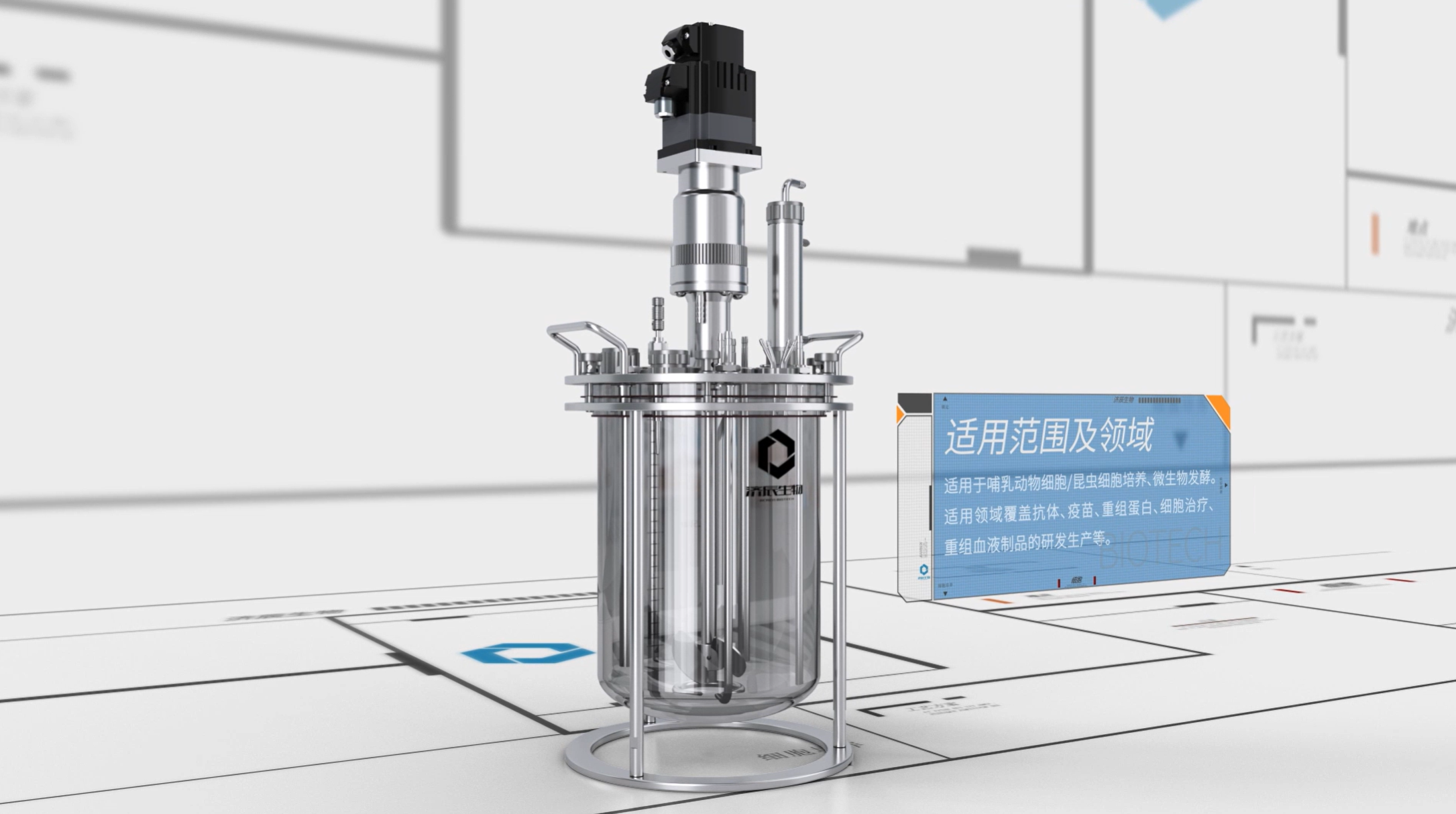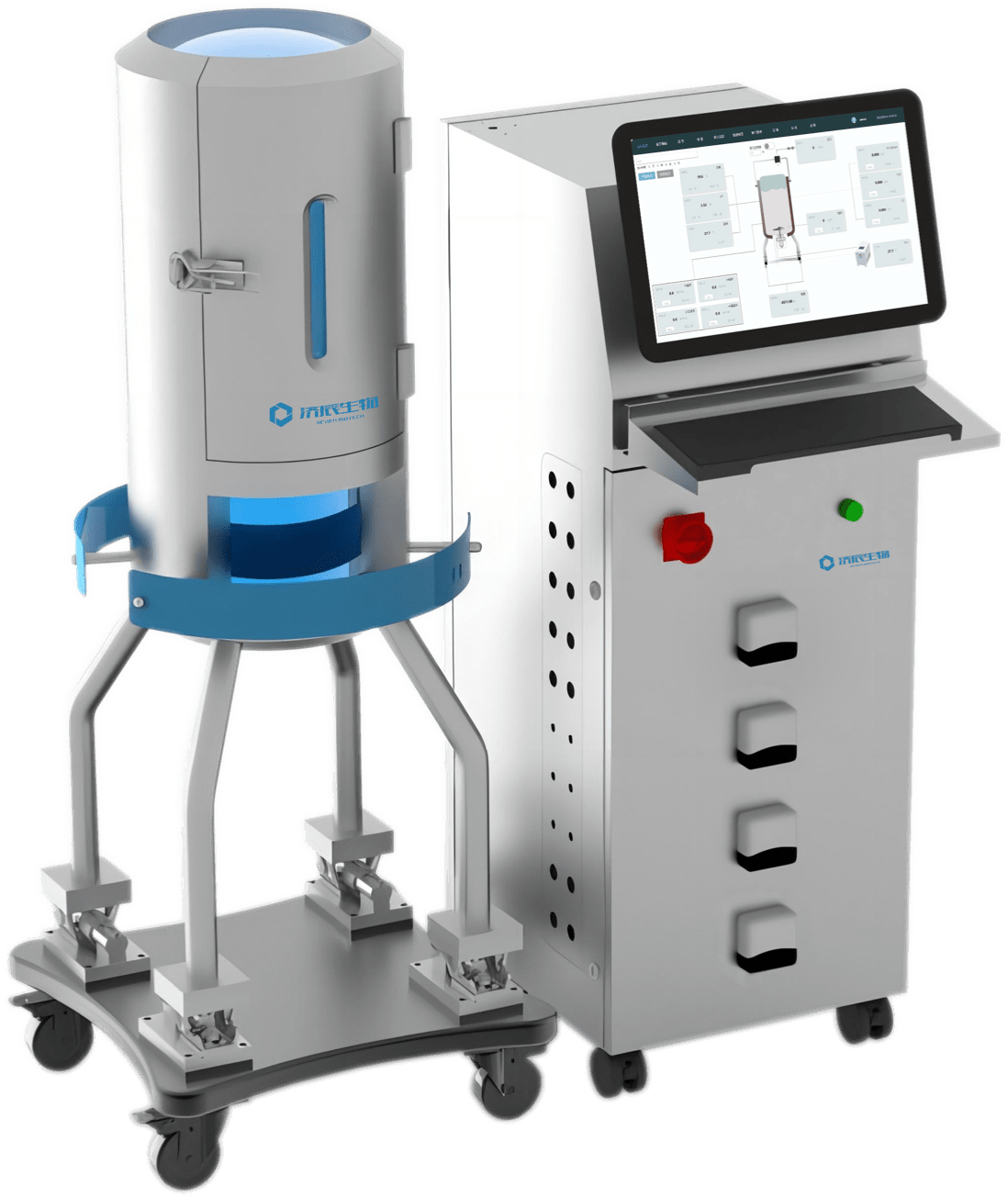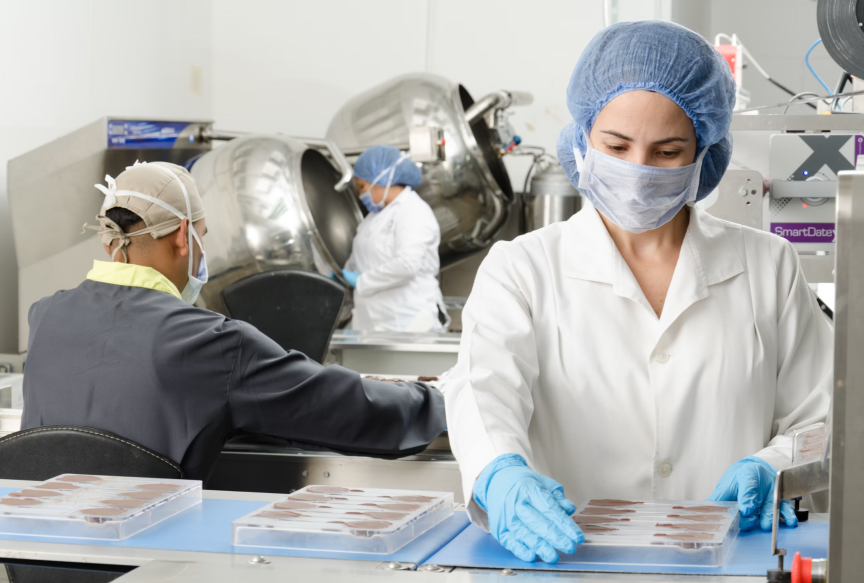In recent years, the biopharmaceutical industry has gradually accelerated its adoption of enterprise-level process automation technologies. These technologies, including robotics, intelligent workflows, advanced analytics, data visualization, natural language processing, and cognitive agents, have tremendous potential to drive efficiency gains and innovation while profoundly changing the way work is done. Below is a detailed exploration of a few of the key benefits of process automation in the biopharmaceutical industry.
I. Improve productivity
In the biopharmaceutical industry, many operations still rely on manual completion, which is not only time-consuming and labor-intensive, but also prone to errors. Through automation, productivity can be significantly improved. For example, robots can perform repetitive tasks in the biomanufacturing process, such as material transport, sampling, quality control (QC), and packaging, thereby reducing manual intervention and lowering labor costs .
II.Data Utilization and Intelligent Decision Making
The biopharmaceutical industry has a large amount of available data , such as patient and provider data. With automation techniques, this data can be processed and analyzed more efficiently to support decision making. For example, the use of advanced analytics and machine learning techniques can improve the drug development process and increase the efficiency and accuracy of clinical trials
thirdly, it drives technological innovation
The application of automation technology promotes the biopharmaceutical industry's innovative development. For example, the use of smart instruments, the application of digital twin technology, and the construction of Industry 4.0-compliant facilities are all examples of how automation is driving technological innovation in the biopharmaceutical industry. These technologies not only increase productivity, but also offer the possibility of developing new therapies and improving existing processes . costs. By reducing manual operations and interventions, companies can reduce labor costs while improving product quality and consistency. For example, the use of single-use systems and smart technologies can streamline traditional stainless steel manufacturing processes, thereby reducing costs . industry automation will become more intensive and extensive. It is anticipated that fully automated cell and gene therapy facilities may be available by 2030. This will be a milestone that will mark the biopharmaceutical industry's progress towards full automation .
In summary, the benefits of process automation in the biopharmaceutical industry are manifold, not only improving productivity and data utilization efficiency, but also driving technological innovation, reducing operational costs, and opens up new avenues for the future of the industry. As technology continues to advance, automation will play an increasingly important role in the biopharmaceutical industry.
